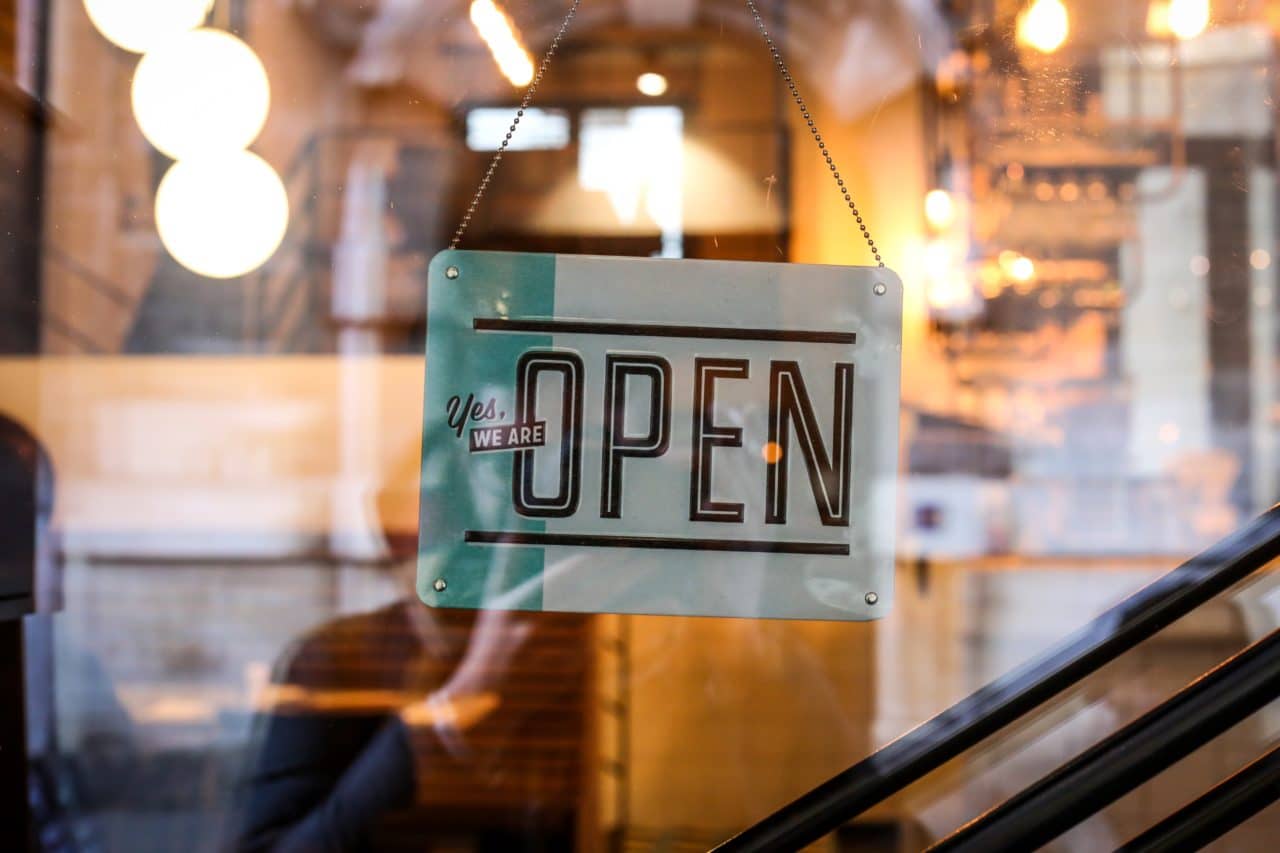Beginning sometime next year, people with hearing loss in Simi Valley and Thousand Oaks will be able to walk into the drugstore and purchase a hearing aid without even seeing a doctor. While this promises to make hearing care more affordable for the 20 percent of Californians who have a hearing impairment, there are some downsides to over-the-counter hearing aids.
What’s Good (and Bad) About Buying Retail Hearing Aids

In 2017, Senator Elizabeth Warren (D-MA) sponsored the Over-the-Counter Hearing Aid Act. Her goal was to make hearing aids more affordable and readily available. The language of the legislation is very specific; in order for hearing aids to be sold directly to consumers, they must do the following:
- Provide reasonable assurances of safety and efficacy
- Establish output limits and labeling requirements
- Describe requirements for the sale of hearing aids in-person, by mail or online, without a prescription
Following passage of the law, the legislation was sent to the Food and Drug Administration for the establishment of guidelines that would determine how to make it work. The FDA is currently putting the finishing touches on those rules and regulations and should be ready to announce them soon—possibly as early as January. It is anticipated that hearing aids will start hitting store shelves around August 2020.
Audiologists in Simi Valley and across the U.S. have some concerns with over-the-counter hearing aids. To be fair, there are some real benefits; patients will be able to advocate for themselves, taking charge of their own hearing health. They won’t have to submit to an exam by an audiologist or worry about insurance reimbursements. OTC hearing aids will almost certainly cost less and will be easy to find in many stores. In fact, they are already being sold (sort of; a category called personal sound amplification products, or PSAPs, has been available for several years already, though they cannot legally be called hearing aids just yet). As long as PSAPs meet the FDA’s upcoming guidelines, they are likely to be marketed as hearing aids starting in 2020.
Drawbacks of OTC Convenience
Despite the convenience and lower costs, there are some drawbacks to purchasing hearing aids from your neighborhood drugstore. Over-the-counter hearing aids are designed for individuals with mild to moderate hearing loss, but unless you undergo a comprehensive hearing screening from an audiologist in Simi Valley, you won’t know the degree of your hearing loss and might end up wasting money on a product that won’t offer you much benefit. We like to use the analogy of reading glasses; if you only struggle with fine print, you can pick up a pair of reading glasses from the corner store and those should meet your needs just fine. However, if you have a vision impairment, you’ll need to visit an optometrist for a thorough examination, and will require a prescription for lenses that meet your particular needs.
This is one of the problems with OTC hearing aids. They will come with factory presets, but no two cases of hearing loss are alike, so it’s unlikely that you’ll find a pair precise enough for your needs. When you visit an audiologist for hearing aids, the fitting process is a crucial part of the experience. Your hearing aids will be fine-tuned and adjusted to meet your unique hearing needs. There is no such thing as a one-size-fits-all solution for people with hearing loss.
Explains Cynthia Hogan, PhD, audiologist and director of the Mayo Clinic’s hearing program in Rochester, MN, “A hearing aid that’s fit by a professional is fit to a prescriptive target based on scientific research so that the volume is set to how someone hears at those exact frequencies.”
Without a hearing exam from an audiologist, you won’t know what’s causing your hearing loss and might inadvertently overlook an underlying disease that requires treatment. Over-the-counter hearing aids aren’t a cure; without medical intervention, your condition (and hearing) are likely to grow worse, regardless of whether you are wearing hearing aids or not.
It’s unknown at this point what impact over-the-counter hearing aids will have. Choice is great for consumers and there is no doubt hearing care will become more widespread, but it’s always a good idea to visit an audiologist before committing to buying hearing aids off the shelf. For more information or to schedule an appointment, contact a hearing professional in Simi Valley or Thousand Oaks today.
